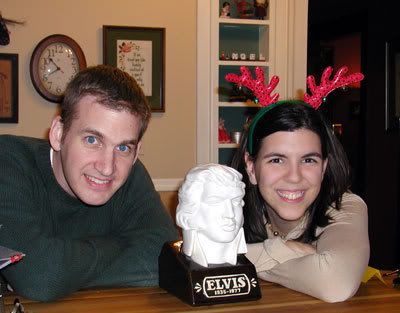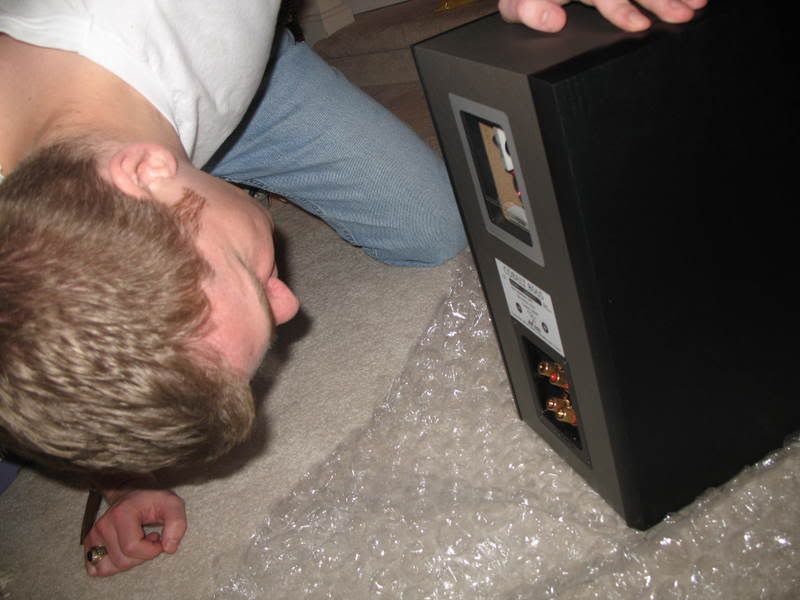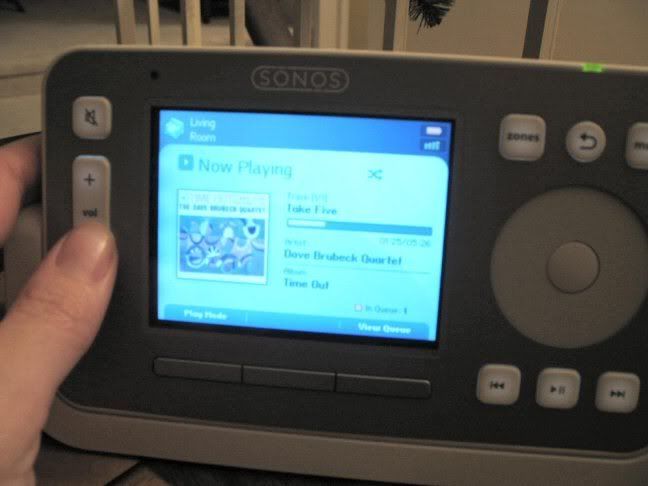It's a rare occasion when I disagree with such pundits as Joel Spolsky and Donald Norman, but this is one of those times. As covered on Slashdot, they now say that simple designs are inferior to complex ones.
Donald Norman wrote two articles on the subject. The first article makes the claim that simple doesn't sell; given the choice, most consumers will select the product with more features and more options. To his mind, the market has resoundingly refuted the notion that less is more. But is this a matter of common wisdom or market failure?
When you buy a product for the first time, you're never quite sure whether it will do the job. Economists call this situation one of "imperfect information". I'd argue that in cases like this, consumers tend to overbuy. They think, "I'll take the Swiss Army knife over the Petit Chef knife because hey, one of the blades is likely to work." It's called Satisficing. You might not get the right thing, but at least you'll have something.
But you'll find that the opposite is true among experts who know what they're buying. Mechanics and surgeons, for example, will have an array of tools, each crafted to do just one simple operation. They know the right one to use for any given situation. The complexity of a multipurpose thingamajig is likely to get in their way.
You'll also find that folks who are very wealthy -- for whom buying decisions are less risky -- will also choose products that do one thing and do it well. It's why a good watch can command a price of thousands of dollars, when feature-crammed smartphones sell for much less. They both tell time. The accuracy is roughly the same. But less can be more.
Norman's other article takes issue with Google's simple user interface. Google's search interface appears to be a clear case of less is more to most people. Norman feels that the interface is worse, because Google's many other features are "hidden" on other pages, while Yahoo and MSN have their features up front, right where the user can get at them.
Assuming the user can find them, of course. Here, Norman makes a common mistake, and one that should probably be the subject of another blog article. A web site is not a software application. Everything that ends in "google.com" is not part of the same product. Google's philosophy appears to be that each tool should stand on its own, like a of screwdrivers. Each feature is individually addressable through a its own URL. Yes, you can get to these through a menu. But Google's innovation is to put the Google search, the thing most Google users want, front, center and uncluttered. If I want Froogle, I'll go to Froogle.com. If I want maps, then http://maps.google.com is the place to go.
Joel's simplicity article argues that if "simple" means "has less features" then your product is doomed to fail over the long term. I agree with him on this point. But he understates the value of doing one thing well. And adding more doodads to gadgets is not the way into most people's hearts. The humble teddy bear outsells the most amazing interactive storytelling synchs-with-my-computer-using-firewire audio-animatronic stuffed entertainment companion, despite its lack of features.
As one contributor to the Slashdot discussion of the anti-simplicity articles noted (and as Paula commented not too long ago) Joel himself took issue with the notion of more features being better in his article on Choices=Headaches. Simple generally means easier to learn and easier to use. And for most users, that can be a very compelling feature indeed.

 Dean and I visited our local stereo geek store (
Dean and I visited our local stereo geek store (